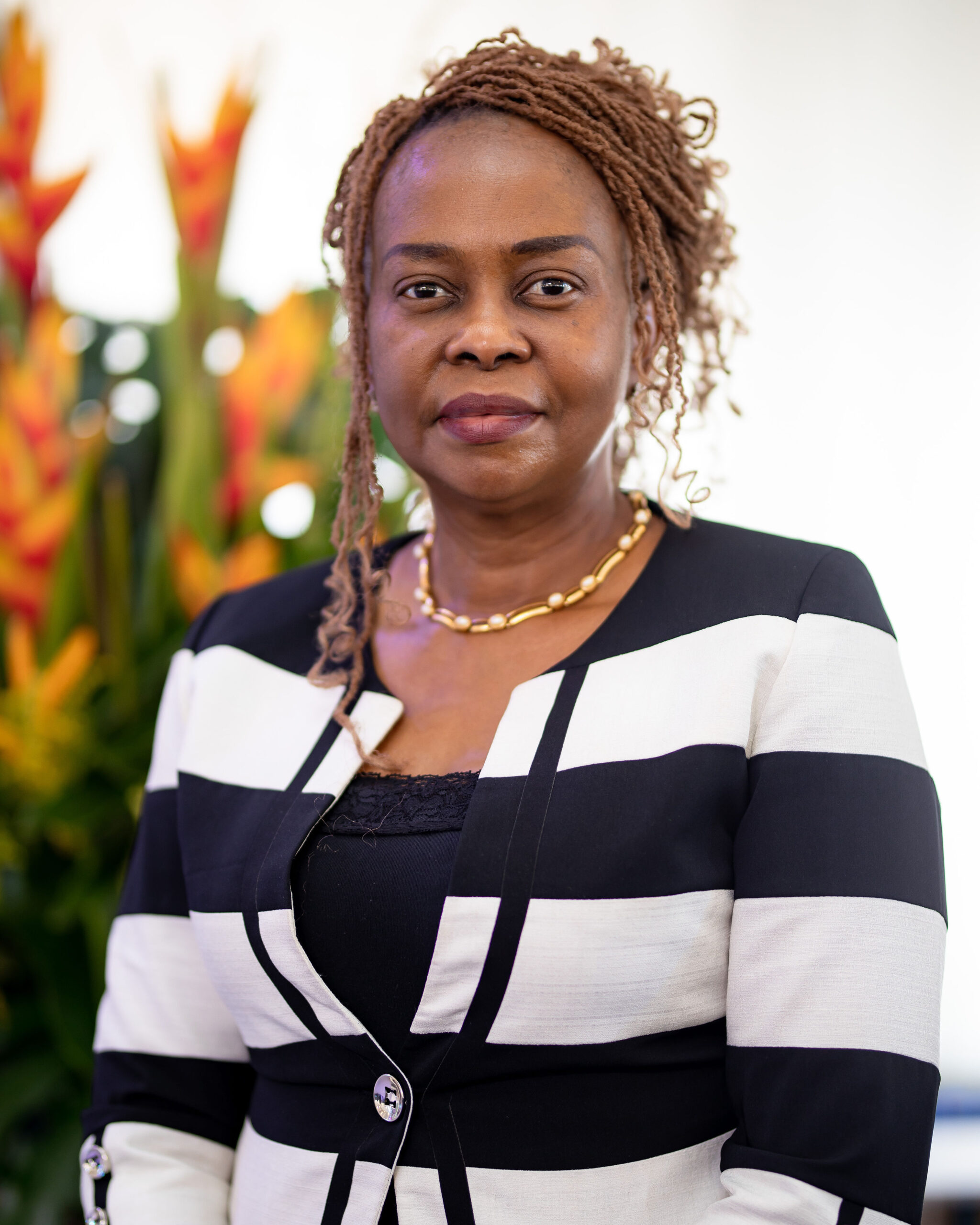
TO majority of Ghanaians looking for a place to defecate, it has been a daily struggle. Similarly, on every ordinary morning across the various towns and villages, there is a universal human truth, and that is each one of us will need a toilet in the next second, minute or hour ahead of us. Food may wait, clothing may change and technology may leap, but as our elders say, “the stomach has no calendar,” and the call of nature does not wait for any man, woman or child.
Toilets in modern times are no longer luxuries nor for the rich. They are instruments of dignity, protectors of health, enablers of safety, promoters of productivity and defenders of our rivers, soils and climate. A toilet is a simple room, yet it carries the power to transform a household, a community and a nation. This year’s World Toilet Day is being commemorated under the theme “We will always need the toilet.” Ghana has an opportunity to remind itself and the world that sanitation is not an aspiration; it is a right, a necessity and a moral duty we owe one another.
Across the country, progress has been made, but the journey ahead remains steep. Recent data from the WHO/UNICEF Joint Monitoring Programme tells us that the world is struggling to meet the 2030 SDG sanitation target, and Ghana is no exception. Our population now hovers around 35 million, living in just under 9.75 million households with an average household size of 3.6, yet millions of homes still lack toilets. As recently as 2021, official national reports showed that only about 59.3 per cent of households had a toilet to use.
Despite continuous investment, policy enforcement and development support, a significant gap remains. About 4.3 million Ghanaian households still lack toilets in their homes. The old proverb says, “The one who fetches water is the one who sees how deep the pot is.” Though we have fetched enough water, we still have a lot of work to do.
Open defecation remains a stubborn challenge. With 17.7 per cent of our population — nearly six million people — still defecating in the open, the risks are alarming: girls and women who fear venturing into bushes, beaches and uncompleted buildings; families exposed to cholera, typhoid and diarrhoeal diseases; farmers and communities downstream consuming food irrigated with faecal-contaminated water; schoolchildren choosing between holding their bladder and abandoning classes; and visitors who quietly judge us not by our speeches, but by the smell around our public spaces.
When we speak of dignity, it begins with access to toilets. When we speak of tourism, investment, modern cities and global competitiveness, they begin largely with access to toilets.
However, the story is not only one of gaps; it is also one of ambition and achievement. Ghana has proven that when we commit, we deliver. The GAMA/GKMA Sanitation and Water Project stands as a shining example: more than 76,000 household toilets constructed by April 2025, six hundred and nine gender-sensitive, child-friendly institutional facilities completed and thousands of families lifted from indignity to pride.
World Vision’s sanitation programmes, the GoG–UNICEF WASH Programme, private-sector partnerships, and community-level NGOs and volunteers have helped declare hundreds of communities open-defecation-free in recent times. The evidence is clear: when finance meets political will, when local artisans are trained, when micro-loans are available, and when poor households are supported, sanitation transforms lives, brings dignity and ensures sustainable livelihoods and productivity.
Building toilets alone is very good, but not enough. Sustainable Development Goal 6 is not only about “toilet for all,” but also about “safely managed sanitation for all.” That means toilets that contain faecal waste properly, that are emptied and transported safely and that lead to treatment and reuse without polluting water bodies or the environment.
Today, only about 16 per cent of Ghanaians have safely managed sanitation. That means more than 8 million households still need a safe service chain. We must therefore think beyond structures and embrace systems. A toilet without proper containment is only half a solution; a pit left to overflow becomes a hazard; a household that cannot afford emptying will return to old practices; a treatment plant without sludge becomes dormant; a regulation without enforcement becomes decoration. As our tradition reminds us, “The cooking pot that has no lid invites flies.”
We must close the sanitation loop tightly — from construction to treatment — so that no Ghanaian is left behind and no community suffers unnecessarily.
There are bright examples across the country. In densely populated compound houses in Accra and Kumasi, biodigester toilets have replaced shared, dilapidated latrines and shameful backyard corners. Many schools have shifted from “build and abandon” to facilities run under maintenance arrangements with small user fees, school committees and health clubs.
Faecal sludge operators have modernised operations with trucks, pumping equipment and digital payment systems. District assemblies have begun mapping toilet gaps, enforcing sanitation bye-laws and linking households to artisans and microfinance. Dohia, a farming community in the Agortime-Ziope District in the Volta Region, has shown that with respect, mobilisation and seed funds to support early adopters, open defecation can become history.
Moving forward, Metropolitan, Municipal and District Assemblies must continue to lead the charge. Every district should enforce its sanitation bye-laws fairly and firmly—not to punish the poor, but to protect public health. Landlords must understand that providing a toilet in their properties is not a favour; it is a duty.
Assemblies should publish approved toilet technologies, their costs and lists of trained artisans. They should host sanitation fairs, support micro-loan desks and reward communities and landlords who take decisive action. They must plan by mapping households without toilets, identifying hotspots, scheduling desludging routes and ensuring treatment facilities operate to standard.
As we say, “If you want a child to climb a tree, you show the branch.”
The private sector also has a defining role to play. Sanitation is not charity; it is an opportunity to improve lives while creating jobs. Suppliers must provide affordable, quality toilet packages. Desludging operators must expand coverage and adopt digital platforms. Treatment plants must process sludge safely and explore resource recovery like compost and energy.
Innovation must continue: flood-resistant toilets for climate-vulnerable zones, micro-treatment systems for dense communities, shared-facility models and financial products tailored to low-income families. The “last mile communities” require our best creativity and compassion.
Financing remains essential. A typical improved household toilet costs between GHC3,000 and GHC5,000. Many families can manage this through instalments, while the poorest need targeted subsidies or results-based support. Blended finance — combining public funds, development assistance and household investment — will close the access gap.
Some may ask, “Why the urgency?” Because every month delayed keeps children out of school, girls unsafe, families sick and rivers polluted. The world is off-track for SDG 6.2, but Ghana can accelerate. We can be an example not because we have the best brains, but because we are determined. As our elders say, “When the roots are deep, there is no reason to fear the wind.”
For this year’s World Toilet Day, we must commit not just to building toilets, but to building dignity, resilience and shared responsibility. Government should lead with clear directives and enforcement. WASH partners must sustain financing. Landlords must fulfil their duties. Communities must reject open defecation. Media and faith leaders must speak boldly. The private sector must innovate.
Ghana has always known that dignity is development. A toilet behind every door brings safety for women, opportunities for children and cleanliness for communities. With the right blend of policy, local action, partnerships and responsibility, Ghana can close the sanitation gap.
Let us ensure every household gets a toilet — because we will always need the toilet, and the toilet will give us dignity, health, productivity and peace of mind.
BY KWEKU QUANSAH
The writer is a Public Health Practitioner and a Fellow of West African Postgraduate College of Environmental Health (WAPCEH)
E-Mail: [email protected]
???? Follow Ghanaian Times WhatsApp Channel today. https://whatsapp.com/channel/0029VbAjG7g3gvWajUAEX12Q
???? Trusted News. Real Stories. Anytime, Anywhere.
? Join our WhatsApp Channel now! https://whatsapp.com/channel/0029VbAjG7g3gvWajUAEX12Q

The post We will always need the toilet: The urgent need for the toilet conservation appeared first on Ghanaian Times.
Read Full Story




















Facebook
Twitter
Pinterest
Instagram
Google+
YouTube
LinkedIn
RSS